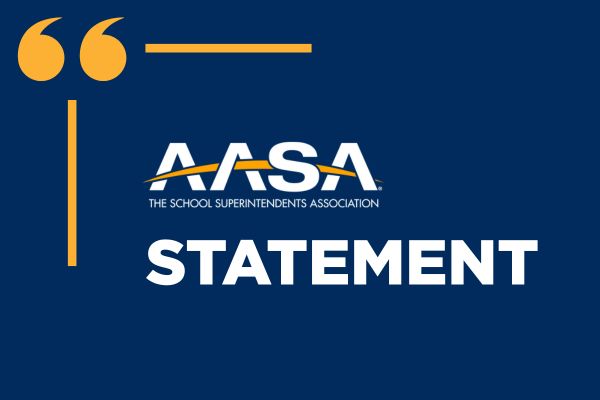How to Unlock the Power of Schools to Improve Youth Mental Health
August 16, 2024
Opinion | Originally published in K-12 Dive on August 15, 2024
Every administrator is aware of the critical need to rapidly scale up our ability to adequately support student mental health in our nation’s schools. School leaders are stepping up to meet this need, which requires a comprehensive and districtwide approach combining expert support, best practices and data-driven guidance to help students thrive.
Without this support, the picture is concerning: The U.S. surgeon general issued an urgent public health advisory in 2021 for immediate awareness and action in protecting youth mental health nationwide. Surveys show that younger people are reporting higher levels of loneliness. Persistent sadness and hopelessness in high school students rose by 50% between 2011 and 2021, according to a CDC report.
Suicides across the country hit an all-time high in 2022 and remain the second leading cause of death among people ages 12 to 24.
In July, researchers at the the National Institutes of Health found that suicide rates among preteens — those ages 8-12 — have increased approximately 8% annually since 2008. The increases were most pronounced among female preteens, American Indian/Alaska Native or Asian/Pacific Islander preteens, and Hispanic preteens. Black preteens had the highest overall suicide rate, while Hispanic preteens had the highest increase in suicide rate.
A 2020 national study by The Jed Foundation found that 60% of parents reported their child recently experienced mental or emotional challenges, including social isolation or loneliness, anxiety, depression or suicidal thoughts. Data from the Centers for Disease Control and Prevention indicate that in 2021 more than half of female high school students reported persistent feelings of sadness or hopelessness, a 58% increase from 10 years prior.
To identify factors that can have a positive impact on student mental health, The Jed Foundation and AASA, The School Superintendents Association, in 2023 launched a multi-year initiative to develop and deploy a comprehensive approach to mental health and suicide prevention for pre-K-12 school districts called the District Comprehensive Approach, or DCA. This collaboration exemplifies the significance school district leaders are placing on their students’ emotional health.
Author
David R. Schuler & Tony Walker
Source
K-12 Dive



